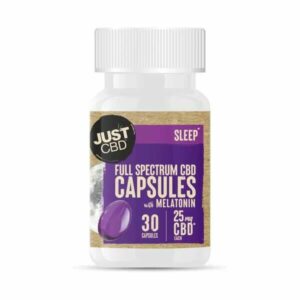Cannabidiol (CBD) and tetrahydrocannabinol (THC) are two of the most well-known and studied cannabinoids found in the cannabis plant. As the popularity of cannabis-derived products grows, so does the curiosity surrounding these compounds and their potential effects on the human body. This comprehensive guide aims to provide an in-depth understanding of CBD and THC, including their chemical properties, interaction with the endocannabinoid system, effects, medical applications, legal considerations, and other relevant aspects. By the end of this guide, you will have a clear grasp of the differences between CBD and THC and their respective roles in the world of cannabis.
1. Understanding Cannabidiol (CBD) and Tetrahydrocannabinol (THC)
a. What Is CBD?
CBD, short for cannabidiol, is a non-psychoactive cannabinoid found in the cannabis plant. It was first isolated in 1940, and its chemical formula is C21H30O2. CBD accounts for a significant portion of the cannabis plant’s extract and has garnered immense attention due to its potential therapeutic benefits without causing the characteristic “high” associated with cannabis use.
b. What Is THC?
THC, or delta-9-tetrahydrocannabinol, is the primary psychoactive compound found in cannabis. Its chemical formula is C21H30O2, and it is responsible for the euphoric effects commonly associated with cannabis consumption.
2. The Endocannabinoid System (ECS)
The endocannabinoid system (ECS) is a complex network of receptors, endocannabinoids (cannabinoids produced naturally in the body), and enzymes that play a crucial role in maintaining homeostasis within the body. The ECS regulates various physiological processes, such as mood, appetite, pain perception, immune function, and sleep.
Both CBD and THC interact with the ECS, but their effects on the system are different due to their distinct mechanisms of action. CBD does not directly bind with cannabinoid receptors but can modulate their activity and influence other receptor systems in the body. In contrast, THC binds directly with CB1 receptors in the brain and central nervous system, triggering the characteristic psychoactive effects.
3. Psychoactive Effects: CBD vs. THC
The most significant difference between CBD and THC lies in their psychoactive properties.
a. CBD
CBD is non-psychoactive, meaning it does not produce the “high” or euphoria associated with cannabis use. Users report feelings of relaxation and relief without experiencing altered perception or mental impairment.
b. THC
THC is psychoactive and produces the characteristic “high” associated with cannabis consumption. Its interaction with CB1 receptors in the brain leads to euphoria, altered sensory perception, and changes in mood.
4. Medical Applications: CBD and THC
CBD and THC both offer potential therapeutic benefits, but they are used for different purposes and conditions.
a. Medical Applications of CBD
- Pain Management: CBD has shown promise in alleviating various types of pain, including chronic pain and neuropathic pain.
- Anxiety and Depression: CBD may have anxiolytic and antidepressant properties, providing relief for individuals with anxiety disorders or depression.
- Epilepsy and Seizures: CBD has gained significant recognition for its effectiveness in treating certain forms of epilepsy, particularly in children with rare forms of epilepsy that are resistant to traditional medications.
- Neuroprotective Effects: CBD has shown potential neuroprotective properties, offering possible benefits in conditions like Alzheimer’s disease and Parkinson’s disease.
- Anti-Inflammatory Properties: CBD’s anti-inflammatory properties may make it useful in conditions characterized by chronic inflammation, such as arthritis.
b. Medical Applications of THC
- Pain Relief: THC is effective in managing pain, particularly in conditions that cause severe or chronic pain.
- Nausea and Vomiting: THC’s antiemetic properties can help reduce nausea and vomiting, especially in patients undergoing chemotherapy or experiencing treatment-related symptoms.
- Appetite Stimulation: THC’s ability to stimulate appetite can be beneficial for individuals with appetite loss due to medical conditions or treatments like cancer or HIV/AIDS.
- Muscle Spasticity: THC may help reduce muscle spasticity and stiffness, providing relief for conditions like multiple sclerosis.
5. Legal Considerations
The legal status of CBD and THC varies significantly from country to country and within different regions. In some places, CBD derived from industrial hemp containing less than 0.3% THC is legal, while THC remains illegal or strictly regulated. In other regions, both CBD and THC may be legalized for medical or recreational use.
It is essential to understand and respect local laws and regulations regarding the use and possession of CBD and THC products. In places where THC is illegal, using or possessing products containing THC can lead to legal consequences.
6. Drug Testing: CBD and THC
Another critical consideration is drug testing. While pure CBD products are not likely to trigger a positive result on standard drug tests, full-spectrum CBD products may contain trace amounts of THC that could potentially show up in a drug screening. If drug testing is a concern, individuals may choose to use broad-spectrum CBD products or isolate, which contain no THC.
7. CBD, THC, and the Entourage Effect
The entourage effect refers to the concept that the various cannabinoids, terpenes, and other compounds found in the cannabis plant work synergistically to produce more significant effects than each compound individually. Some researchers believe that the combination of CBD and THC, along with other cannabinoids and terpenes, may create a more potent therapeutic effect.
Conclusion
CBD and THC are two prominent cannabinoids found in the cannabis plant, each with unique properties and effects on the human body. CBD is non-psychoactive and offers potential therapeutic benefits without causing euphoria, while THC is psychoactive and produces the characteristic “high” associated with cannabis use. Both compounds have demonstrated medical applications and are gaining recognition in the fields of medicine and wellness. Understanding the differences between CBD and THC is essential for individuals seeking to explore the benefits of cannabis-derived products while respecting legal considerations and their specific health needs. Always consult with a healthcare professional before using CBD or THC products, especially if.
I presently work as a GP in London. Using the acquired academic and professional experience, I advise patients with various complaints about mental health – depressed mood, nervousness, lack of energy and interest, sleep disorders, panic attacks, obsessive thoughts and anxieties, difficulty concentrating, and stress. In my free time, I love to paint and go on long walks on the beach. One of my latest obsessions is sudoku – a wonderful activity to calm an unease mind.
[email protected]
- Best THC-O GUMMIES Reviewed - August 12, 2023
- How to Use THC-JD Disposable Vapes - August 12, 2023
- Best THC-JD Gummies Reviewed - August 12, 2023



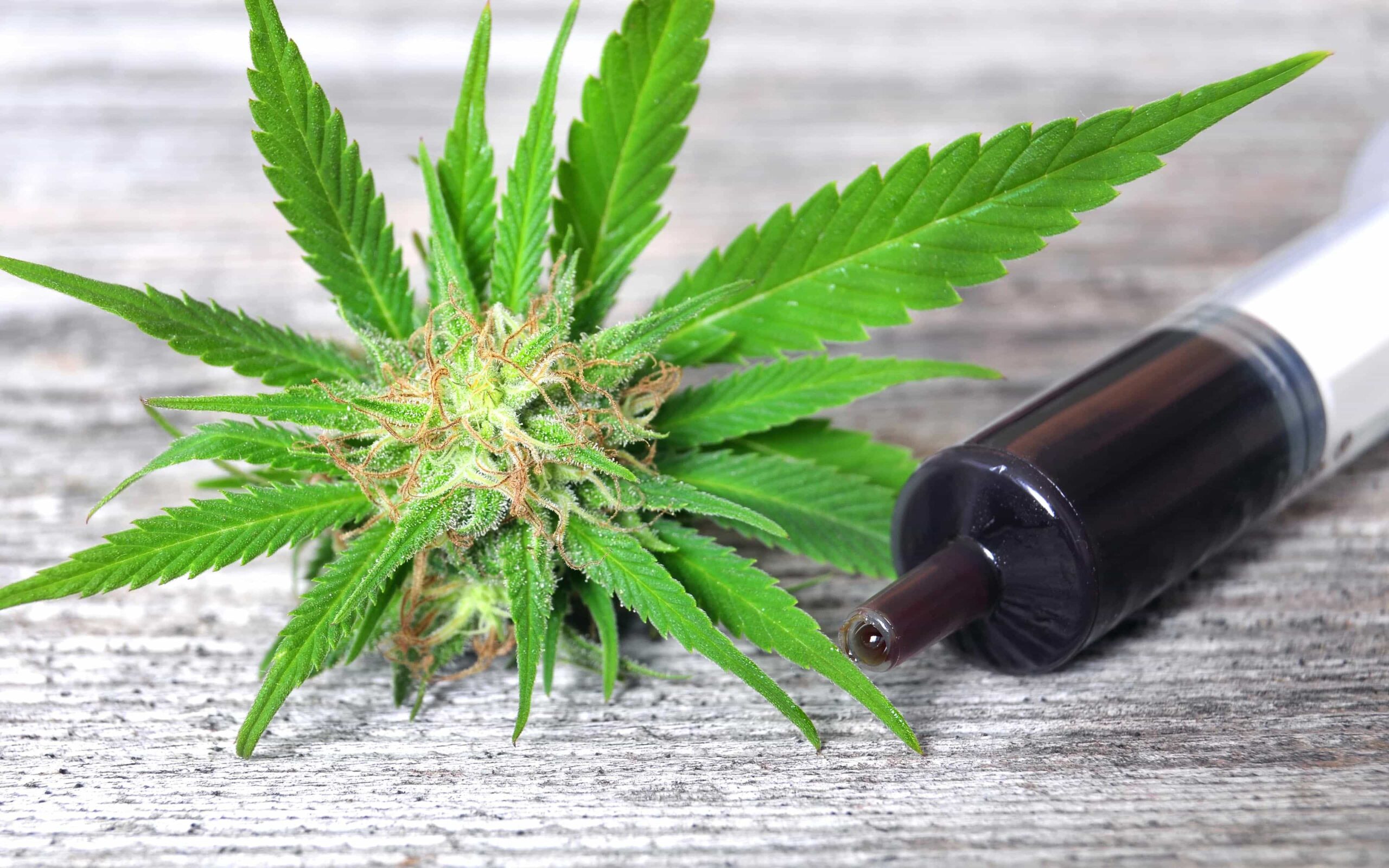



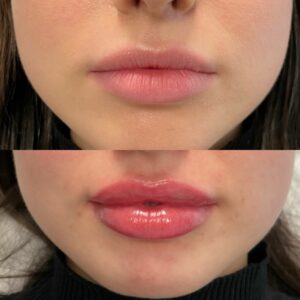
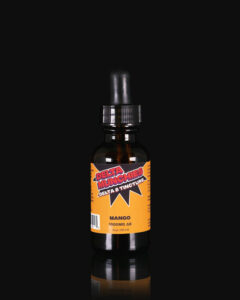


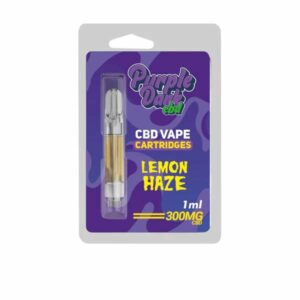
![Vista Edge [Avocado]](https://acushnetvapor.com/wp-content/uploads/2023/10/Vista-Edge-Avocado-300x300.webp)

